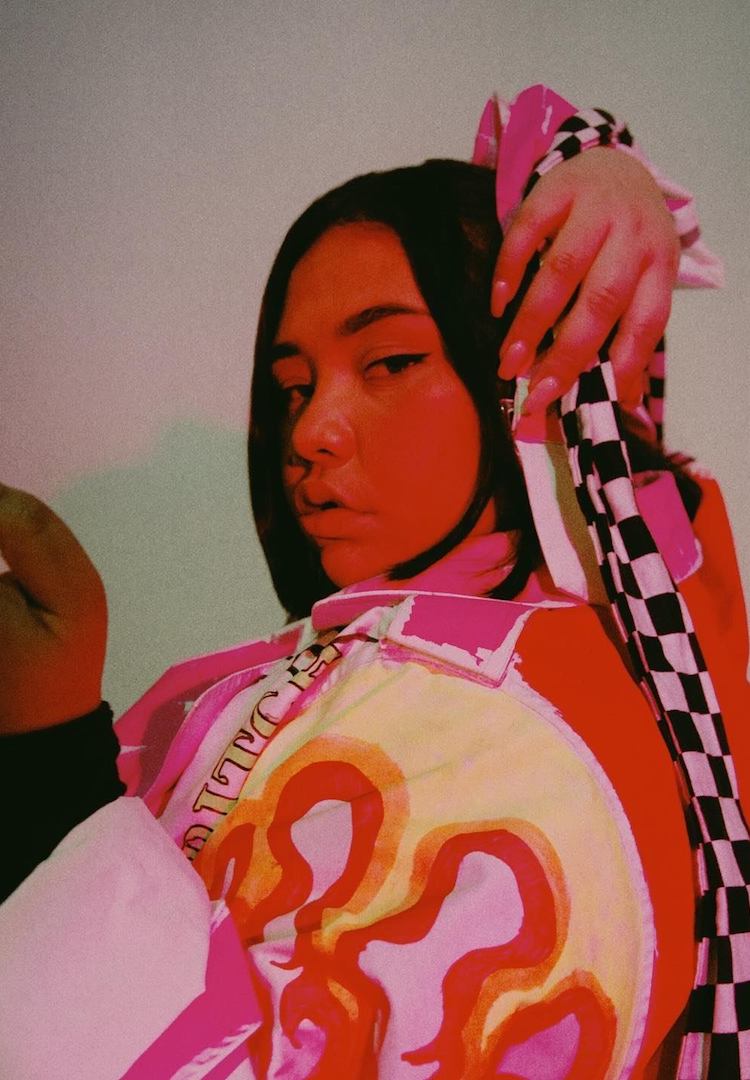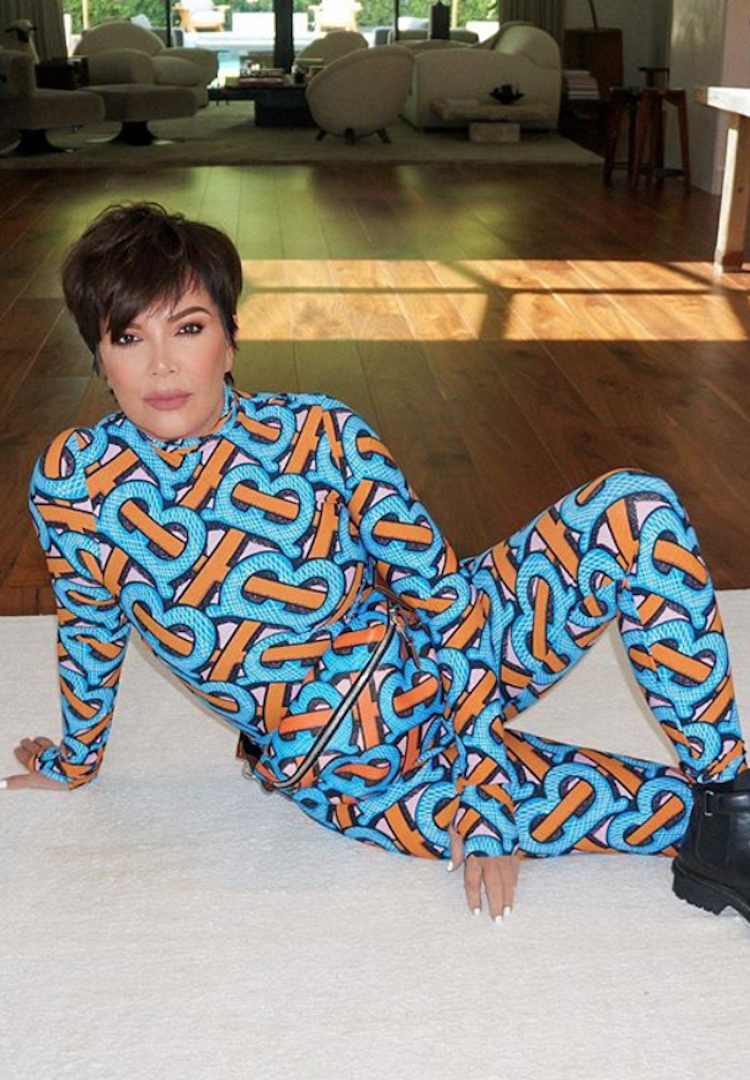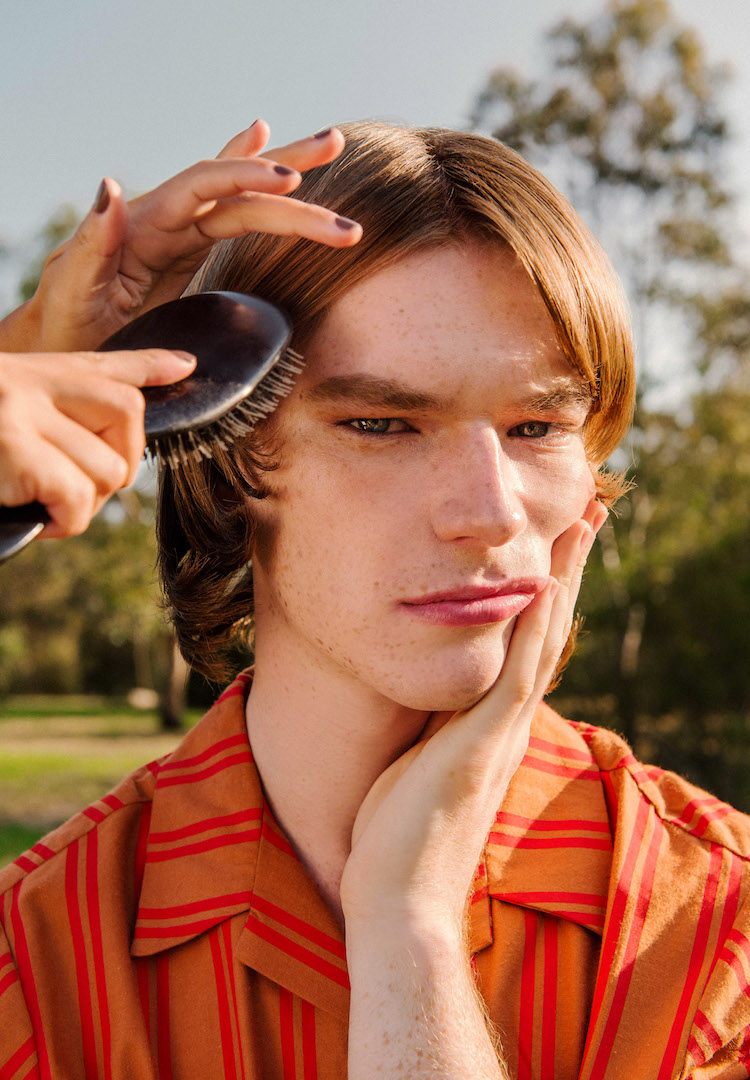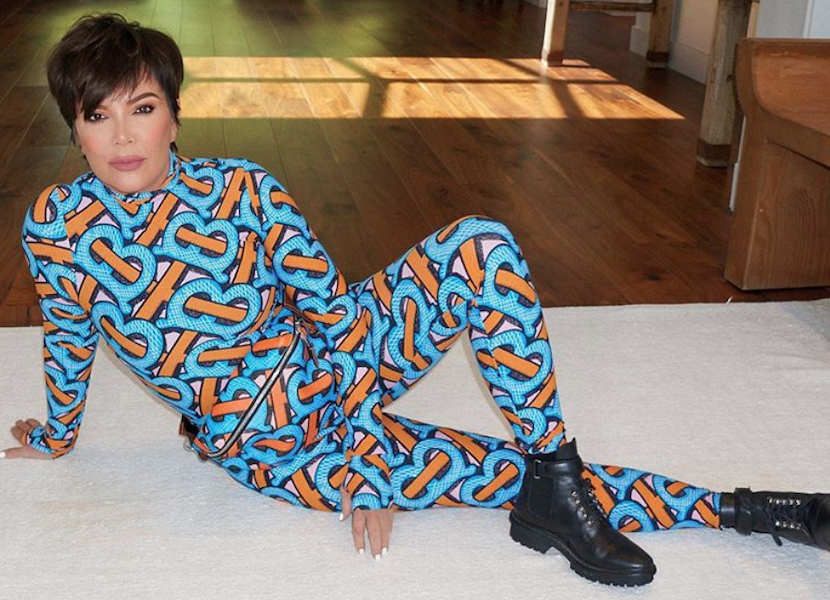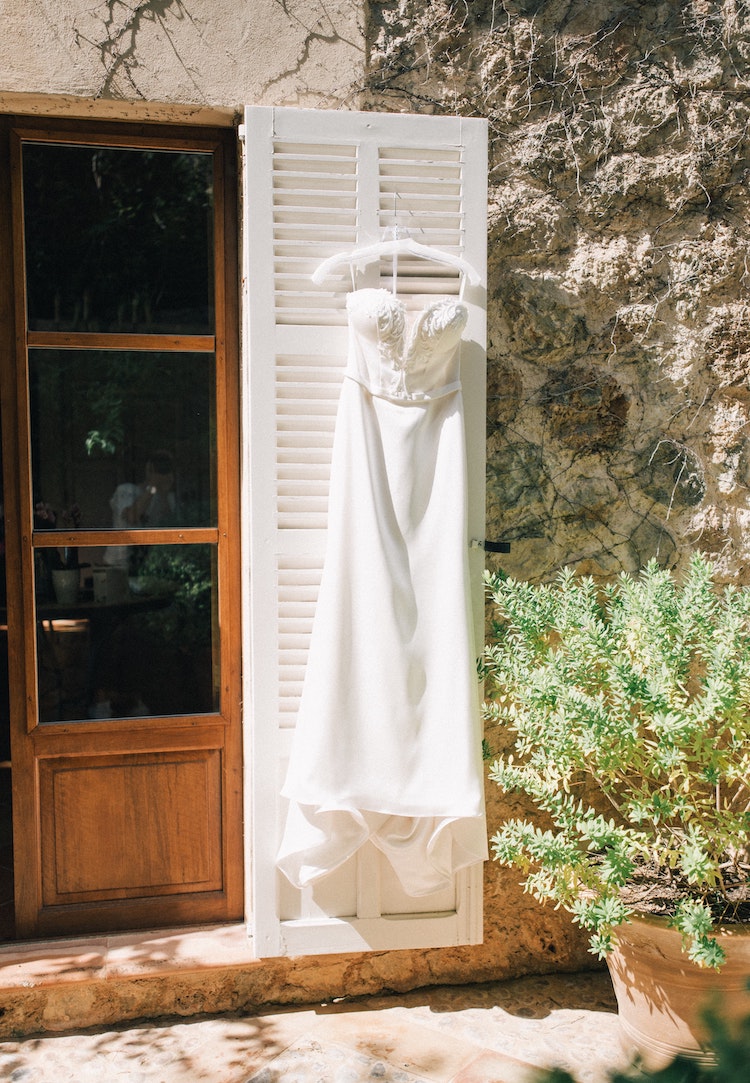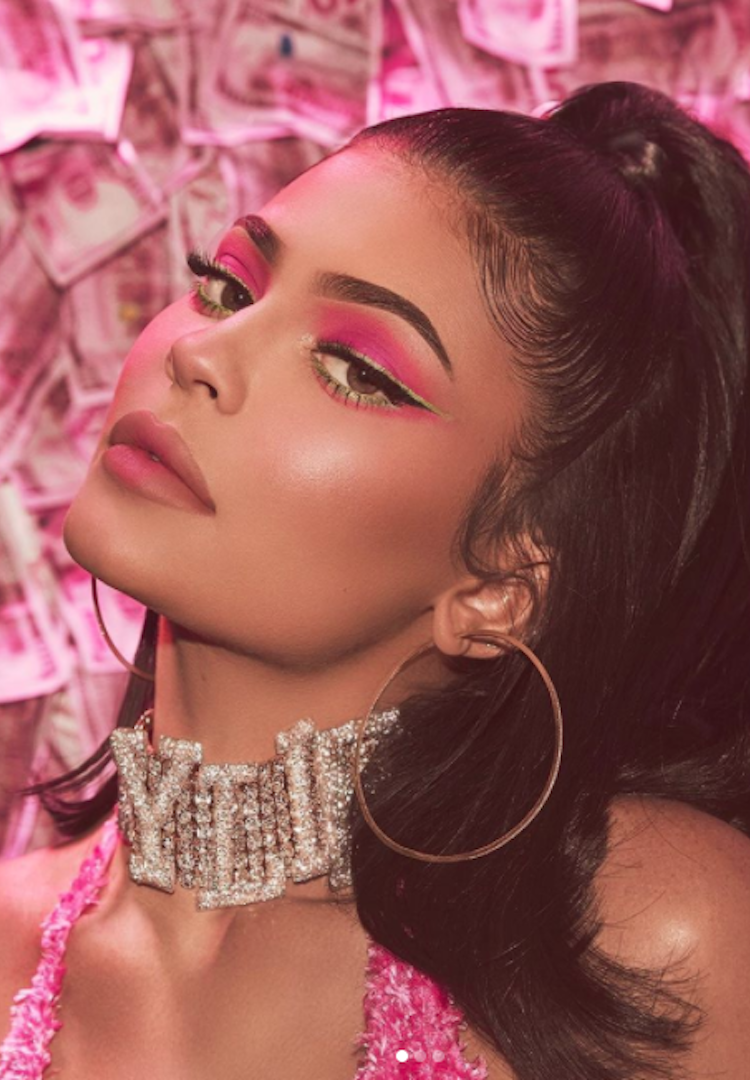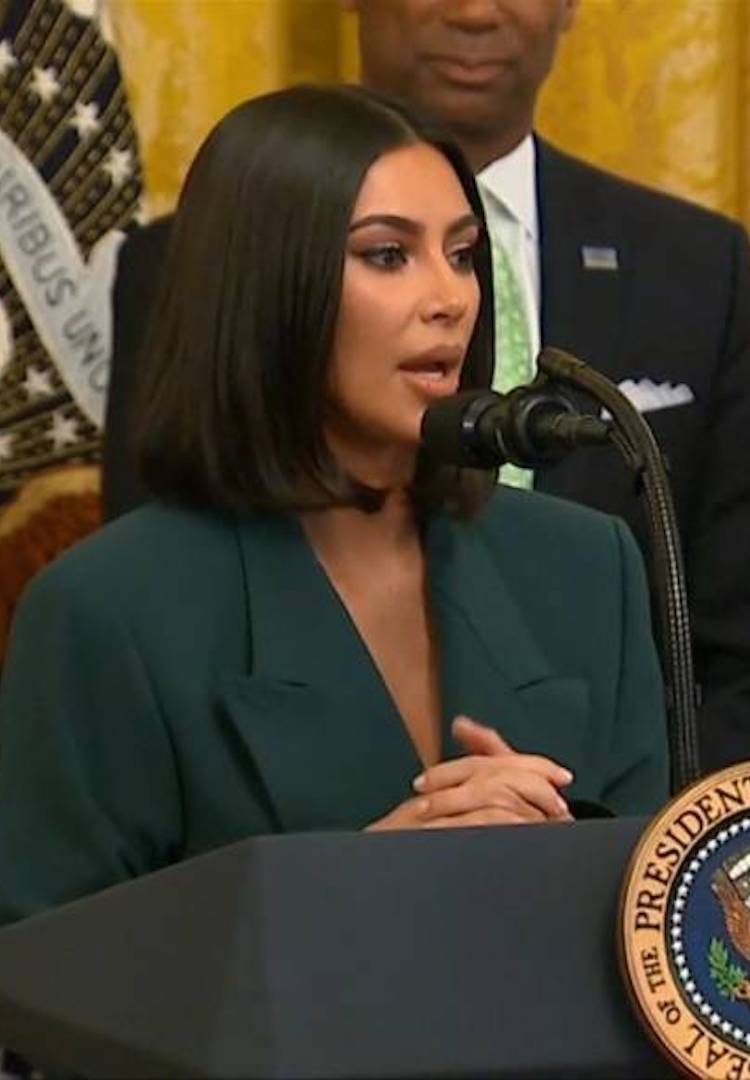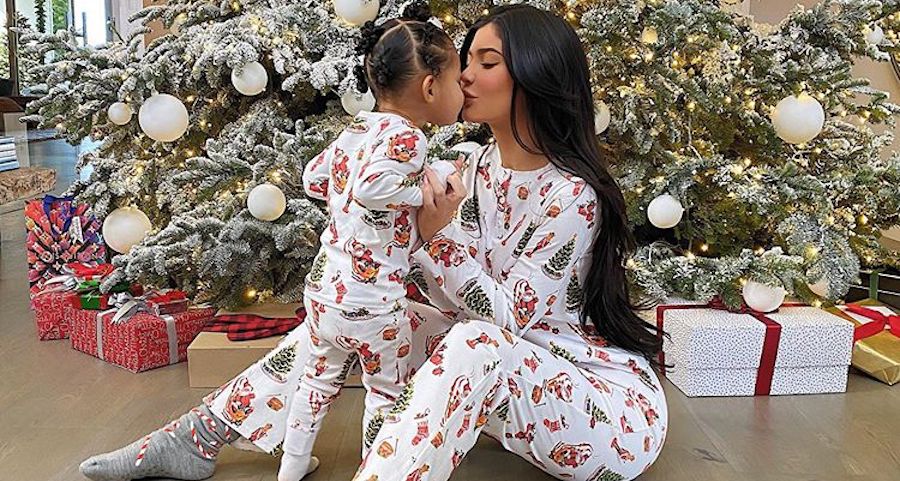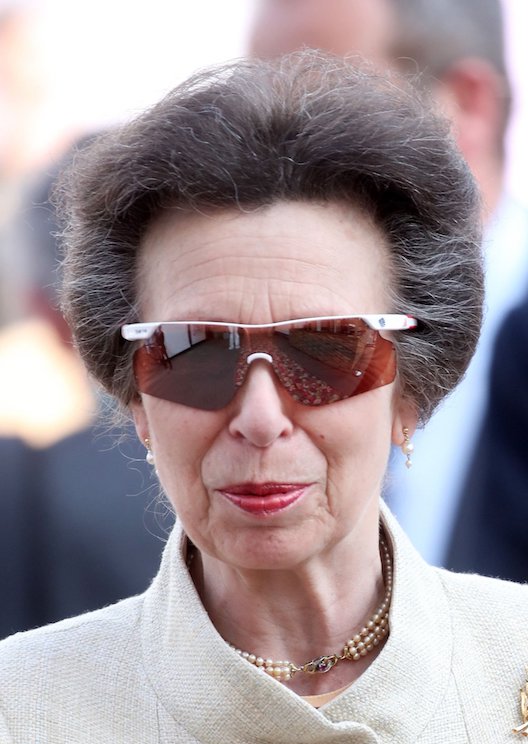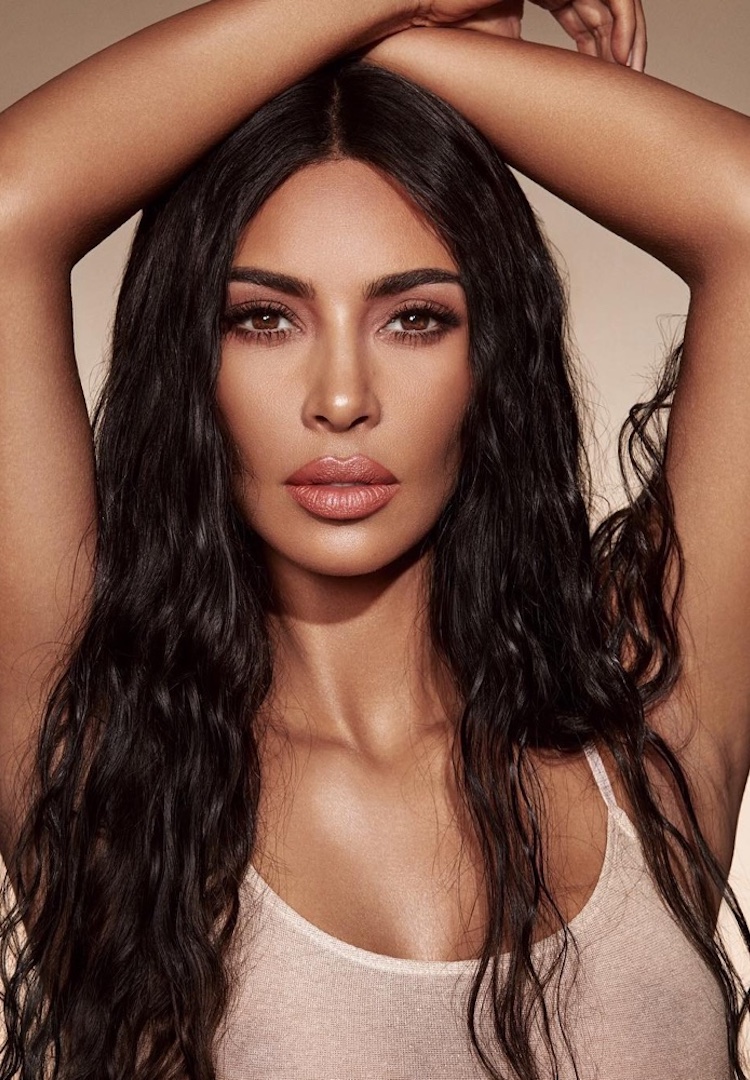What will happen to pop culture now ‘The Kardashians’ is over?
IMAGE VIA KRIS KARDASHIAN/INSTAGRAM
WORDS BY ANNA RICHARDS
For the past 14 years, we’ve all been connected to the Kollective Konsciousness. But what’s next?
As T.S Eliot once said, “This is the way the world ends, not with a bang but a whimper.” And so it went on Tuesday morning, as Kim, the flag mast of the Kardashian clan, announced in an Instagram post that their long-running reality television series Keeping Up With The Kardashians (KUWTK) would be ending.
After 14 years and 20 seasons, it’s not too far of a stretch to think of T. S. Elliot’s quote when hearing the news. Over the course of the show’s tenure, the family reached zeitgeist status; they edged out of our screens and into our ambitions, conversations, news updates, beauty routines and bank accounts.
Kardashian warmly captioned that “We are beyond grateful to all of you who watched us for all of these years” – an average of one million viewers per episode, and for major episodes like Kim’s wedding to Chris Humphries, 10 million. I wasn’t one of those viewers, but not tuning in to the show hardly made a difference.
I knew, as if connected to a Kollective Konsciousness, what dress Kim wore down the aisle to wed Humphries, and that the marriage lasted only 72 days. As the show grew, keeping up became inevitable.
Without having to turn to the series, the world watched the three eldest sisters have children and smack handbags into each other. Eventually, we saw younger sisters Kylie and Kendall evolve into branding vessels primed for modelling or billion-dollar beauty businesses. Their reach was so all-encompassing that an app called K-Blocker was even created to wipe all mention of the family from your screens for 99 cents.
The closest I came to the omnipresent family was while dressing models backstage at a Moschino show. A fellow dresser motioned towards a hanger labelled ‘Kendall’ and simpered in an Italian accent that he wanted to dress her. When Kendall walked across the room I froze – how weird to see someone for simultaneously the first and millionth time.
The Russian model I was dressing was so beautiful that I had temporarily hung up my own femininity and morphed into a sexless helper, but Kendall, with American-white-teeth, syrupy-black hair and a fairly bored expression had the lead role even while surrounded by perfection.
Purportedly, KUWTK’s ratings have started to suffer, with viewing figures dropping below 900,000 in April. Recent seasons have been marred by discontented family members who are no longer happy to have their life broadcast so relentlessly to the public. This meta content – filming people complaining about being filmed – was probably a sign of the end.
The show had begun to take a backseat to the sister’s Instagram accounts anyway, because the platform could offer content in real-time. One got the sense that the Kardashians were struggling to save major moments like cheating scandals or a misjudged Pepsi commercial for episode slots when everything could be read about beforehand via a multitude of websites and magazines.
Maybe the family realised that they could survive in the current consciousness without sacrificing their privacy and chose to pull the plug. The Instagram Influencer, of whom Kim and Kylie are the most successful, is a well-tuned machine in 2020 – a person poised to change into a human brand for whatever product they’re selling.
Momager Kris Jenner seemed to understand the potential of turning human beings into brands before Instagram even existed, when she assigned each of her children names beginning with ‘K’.
Kanye West, another K and the troubled-yet-talented husband of Kim, once angrily asserted that his wife is the modern-day Marilyn Monroe: “Vanity Fair want to say that Kate Upton is Marilyn Monroe. Kate Upton ain’t Marilyn Monroe, Kim is Marilyn Monroe. You know that. She was controversial. She [is] controversial,” he said.
Speaking of Kanye West’s troubling associations, a poignant but disturbing moment that encapsulated the power of reality TV occurred in the meeting of the two reality stars inside the White House – branding themselves then (and now) as Marilyn and The President of the United States.
The sisters’ influence has made young women and men think of plastic surgery as an approachable and accessible accessory. It’s made billions of dollars for them from makeup, tights, teeth whiteners, slimming gummy bears and jeans.
Being rich and famous is – and always has been – their one true goal, and it’s something they have more than achieved. But for anyone looking in at the Kardashians and pining after what they have, how to get there (outside of the very narrow parameters of beauty and influence they have set out) is a hazy unknown.
The manipulative informality of how they address their followers as “You guys” (and forever follow on with “Look at my cute new bronzer” or “You have to know about this amazing tummy tea I’ve been using”) presents them as being friendly, but probably not your friend.
After the show ends, we’ll see whether they can still affect culture in the same way. The appropriate question though is maybe not whether their influence will survive the show’s ending, or what they’ll do instead, but what they’ll sell us. In a moment of great cultural discontent and suffering, a time where a general malaise has settled over our collective consciousness, where will the Kardashians fit in?

